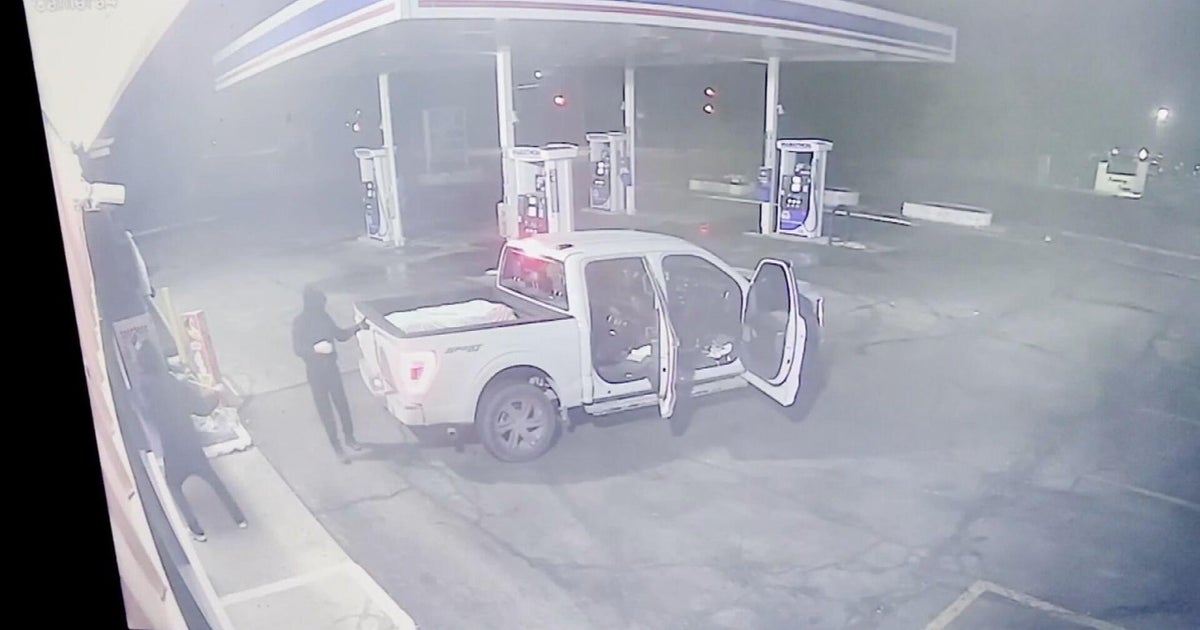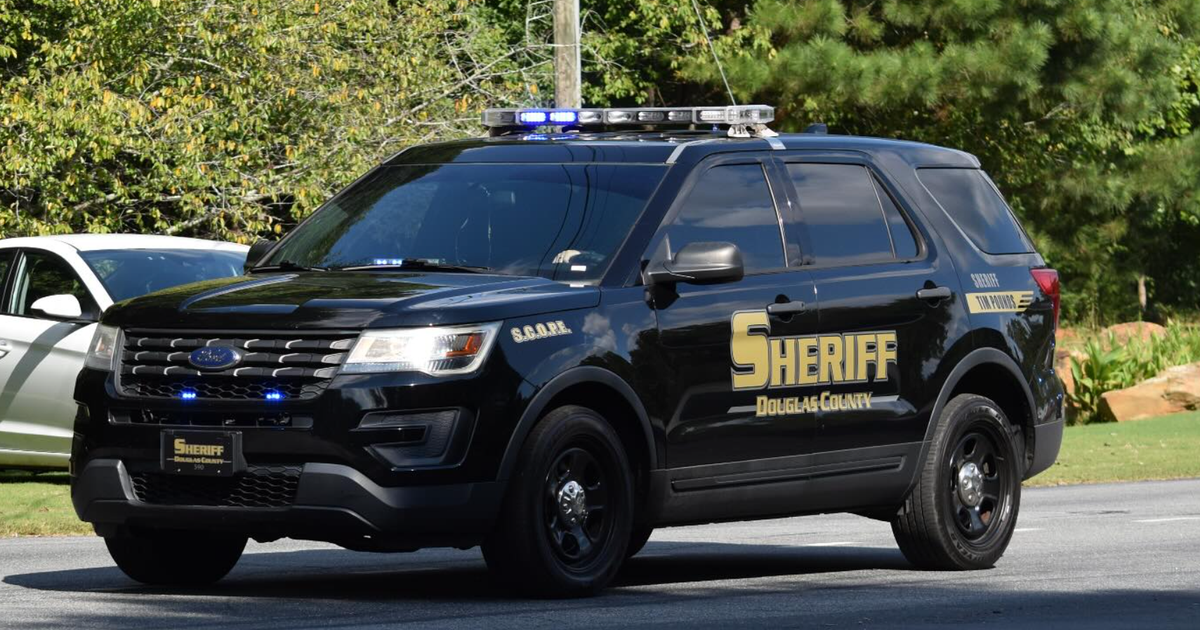Vets & Volunteers Work Round The Clock To Save Turtle
MARATHON - An egg-laden, hawksbill sea turtle, airlifted from the U.S. Virgin Islands to the Turtle Hospital in Marathon over the weekend is in "extremely guarded condition."
"She's in pretty rough shape," said Dr. Doug Mader, a veterinarian who has served the Turtle Hospital for years. "She's got some pretty severe injuries. She's got some drowning injuries and fluid in her lungs.
"And unfortunately she's also pregnant," he said. "And in an endangered species we want to do what we can to not only save her life, but also the life of all the hundred or so eggs in her uterus right now."
Mader has initiated treatment for the 123-pound reptile. He said an ultrasound scan revealed more than 100 eggs, many which were viable, although he could not confirm their fertility.
"She's on a IV right now, getting IV antibiotics and IV fluids for support," Mader said. "If we can get her through the next 48 hours or so, we got a pretty good chance of saving her and our goal is to first save her because she's future eggs and future generations and if we can't save her, then we'll do an emergency C-section to save the eggs inside.
The turtle was found on a St. Croix beach Aug. 24, likely washed ashore by Tropical Storm Isaac, Virgin Islands fish and wildlife officials. It has deep wounds on both shoulders. Officials said it might have been hooked by a fisherman and then repeatedly gaffed to remove the fishing gear.
A decision was made to take advantage of the expertise available at the Turtle Hospital in the Keys, after a St. Croix vet tried to treat it for about a week. American Airlines donated the flight for the reptile.
Mader stressed that although the turtle's condition was grave, he and other staff would do all they could to keep it alive.
He hopes they can return the turtle and any hatchlings to St. Croix, but said if the turtle could not survive, an effort would be made to recover the eggs and hatch them in an incubator containing Virgin Islands' beach sand so they know what their normal sand is, because they have "nest fidelity" and know when they come back to breed, they know which beach to go to."
"Trying to keep things positive if we can pull her through this and she lays the eggs; we can get the eggs to hatch, she will go back to her home in St. Croix and the babies will be laid and hatched in sand that we brought with us from St. Croix," he said. "So we will send them back the same day that they hatch out and they'll be released and hopefully we'll have a happy end to this story."
The Florida Keys News Bureau contributed to this report.







